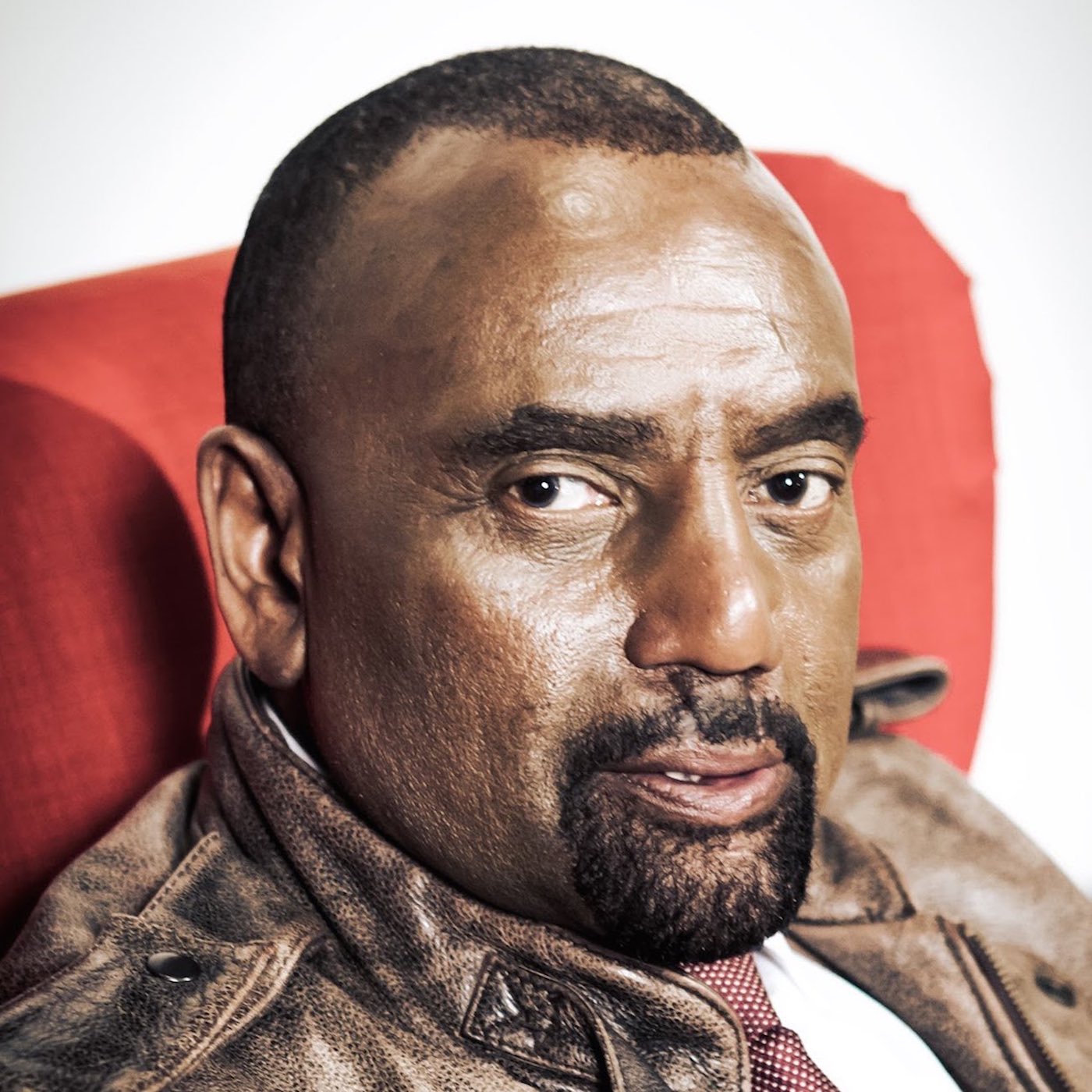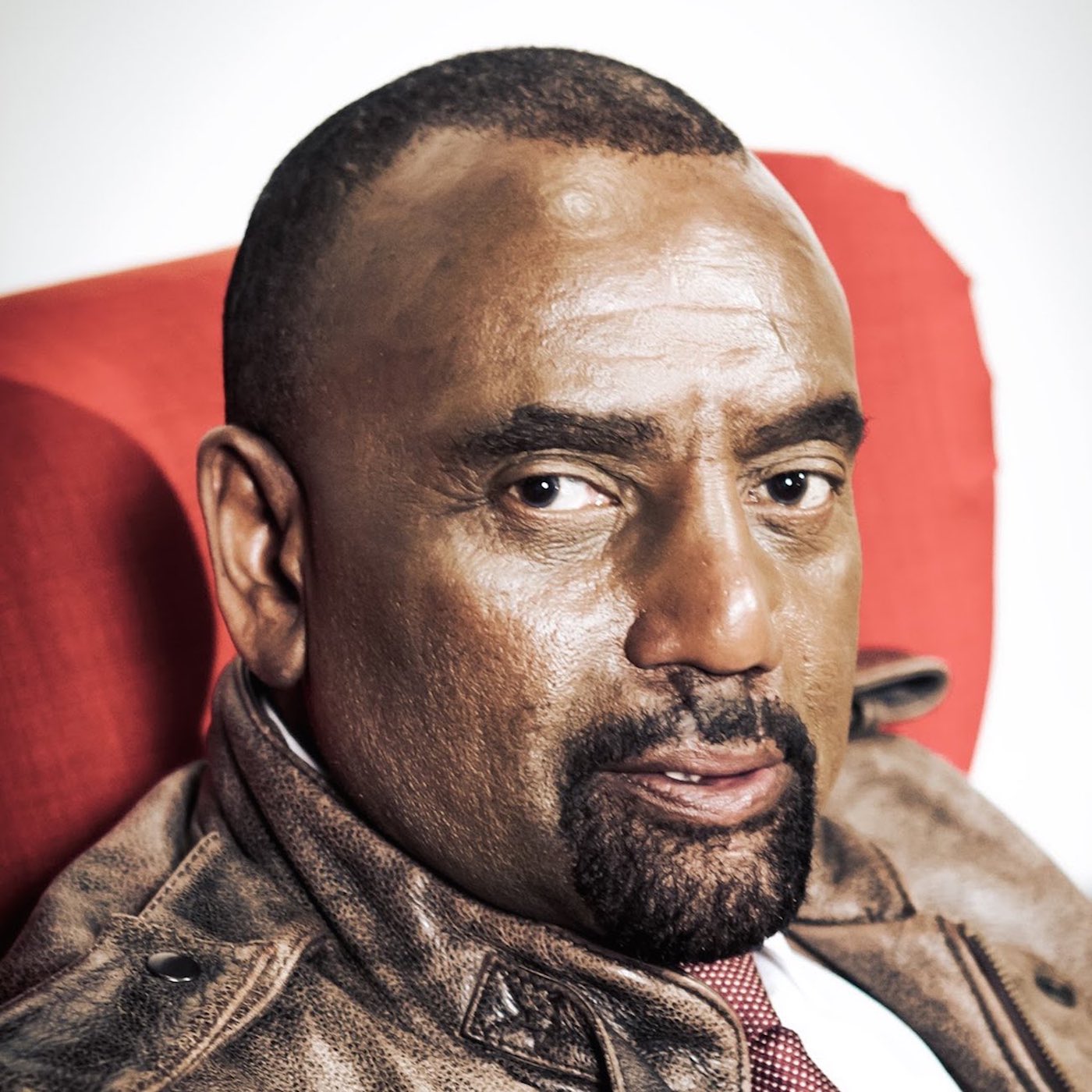Agreeing to disagree
Disagreements can quickly escalate into a fight for survival, triggering a limbic response in the brain that can lead to destructive behaviour. But none of us has privileged access to the truth. We all have different perspectives, and so by engaging with the unpredictability and uncertainty of our environment, we can get to a more precise, accurate, and nuanced understanding.
To nurture a culture of healthy disagreement, we need to remember we don't know everything, and that assumptions can be challenged. This takes curiosity and a willingness to change our position and the position of others.In this second and final part of Dan and Pia’s conversation with Matthew Bellringer, our guest explores ways we can start to disagree agreeably, by being clear about what we don't know, situating our perspective, and sharing why we think a certain way.
Takeaways from Dan and Pia
Considering other perspectives is essential for positive disagreement and progress, and bringing us further into the group, rather than risking the feeling of banishment.
Making assumptions harms our attention to detail and critical thinking. Truth is often complex, but we can tend to prioritise being right and looking for quick fixes.
If we feel threatened by a differing viewpoint, we can lose our ability to reason at a higher level, and can be compelled to make our point at all costs. We need to find ways to detach from emotions and try to understand our own responses.
Healthy debate should recognise the middle ground, and be able to see both sides. It’s a position of strength, not weakness.
Links
Connect with Matthew via LinkedIn
Delightful Dissent – Matthew’s podcast
Curious Being
Leave us a voice note



















